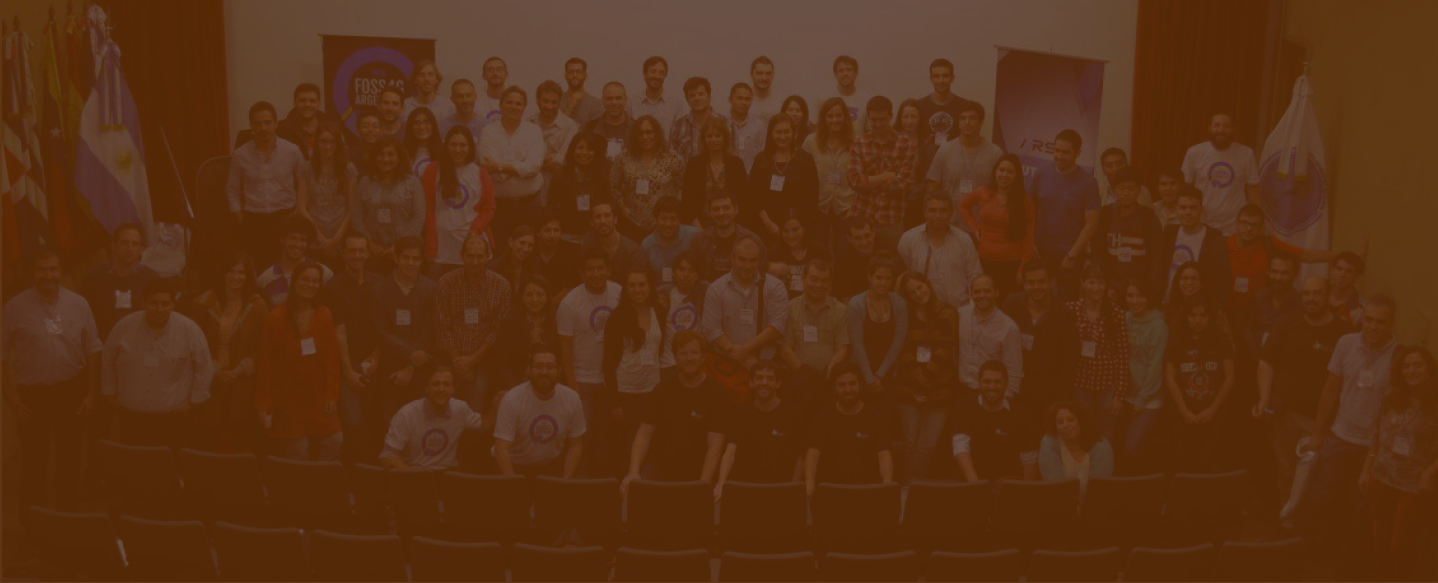2021-09-30, 16:00–16:30, Puerto Madryn
At least 70% of residents in Dar es Salaam live in informal settlements with no access to their land rights. With the rapid urbanization going on in the city, it shows that this problem will get worse in the years ahead. The scale of the problem is huge (over 1 billion people do not have land rights), not only in Tanzania but also in the world at large.
The cost of surveying plots and providing title deeds is prohibitive using conventional methods, but using community mapping, OpenStreetMap, and cheap dual-frequency sensors it is possible. Our solution is simple: community cadastres. Working with small communities (100-200 people), and using low-cost, high-accuracy, dual-frequency Real-Time Kinematics, we can create incredibly precise maps that lead to title deeds.
I will share the story of using this technology in one subward in Dar es Salaam, and how we used both OpenStreetMap and open-source tools such as QGIS, to make the community cadastres part of the map that leads to land rights.
Dar es Salaam is one of Africa’s fastest-growing urban centers laying on the Eastern coast of Tanzania. It is projected by experts that it will achieve megacity’ status in the next decade with 10 million residents or more. It is estimated that 70% of this population lives in informal, unplanned settlements that subside on roughly a dollar per day.
This means that millions of residents do not have access to their land or property rights, something that deprives them of social stability. The Housing Minister in Tanzania, Dr. William Lukuvi made it clear that “A property without a land title is worthless”. When the urban poor obtain a formal land title, they are provided with essential protection.
The problem of living without a property title is not just a problem in Tanzania as over a billion people in the world live without a legal title to their land. This is not only a political problem in terms of bureaucracy but also a technical problem in terms of barriers in precise surveying.
A solution for the technical problem can be overcome by the use of a new cheap geospatial technology i.e. dual-frequency receivers and open-source signal processing with mobile devices. The tech is affordable for average citizens and can be the bridge to the division between the urban poor (who can’t afford surveys) and their land rights as it can be a hundred times cheaper.
In this presentation, I will show how Real-Time Kinematics surveying with a newly released, low-cost, high-accuracy, dual-frequency processor has paved the way forward for land rights for the urban poor in Tanzania. Our team uses OpenStreetMap and open-source tools to clean and visualize the data, and I will be showcasing the amazing results of our pilot.
When I attend the FOSS4G 2021: Come hell or high water, I will showcase and demonstrate how we have been working closely with the community members in a subward in Dar es Salaam to provide them with their land and property rights. We believe that using this cheap but very accurate method will help alleviate the problem of inaccessibility to land rights as it has been done with surveyors.
Immaculata Mwanja - OpenMap Development Tanzania
Requirements for the Attendees –References:
1. Community Cadastres: Open Tech for Land Tenure: https://ethicalgeo.org/community-cadastres-open-tech-for-land-tenure/
- Community Cadastres Report: https://ethicalgeo.org/wp-content/uploads/2020/09/Community-Cadastres_-EthicalGEO-Final-Report.pdf
Use cases & applications
Topic –Community & participatory FOSS4G
Level –1 - Principiants. No required specific knowledge is needed.
Language of the Presentation –English
My name is Immaculata B. Mwanja, a Tanzanian female youth who completed my Bachelor’s Degree last year (2018) on BSc. Urban and Regional Planning. I have been an active member of the OpenStreetMap community since 2015 where I participated in different projects, one of which has made Dar es Salaam the most digitized city in Africa.
Lately, I have been working with cadastres and community members to provide the urban poor with their rights to own a title deed. Using a new cheap and accurate technology, I am a strong believer that in the near future, this is the future for all cadastres in the world!


